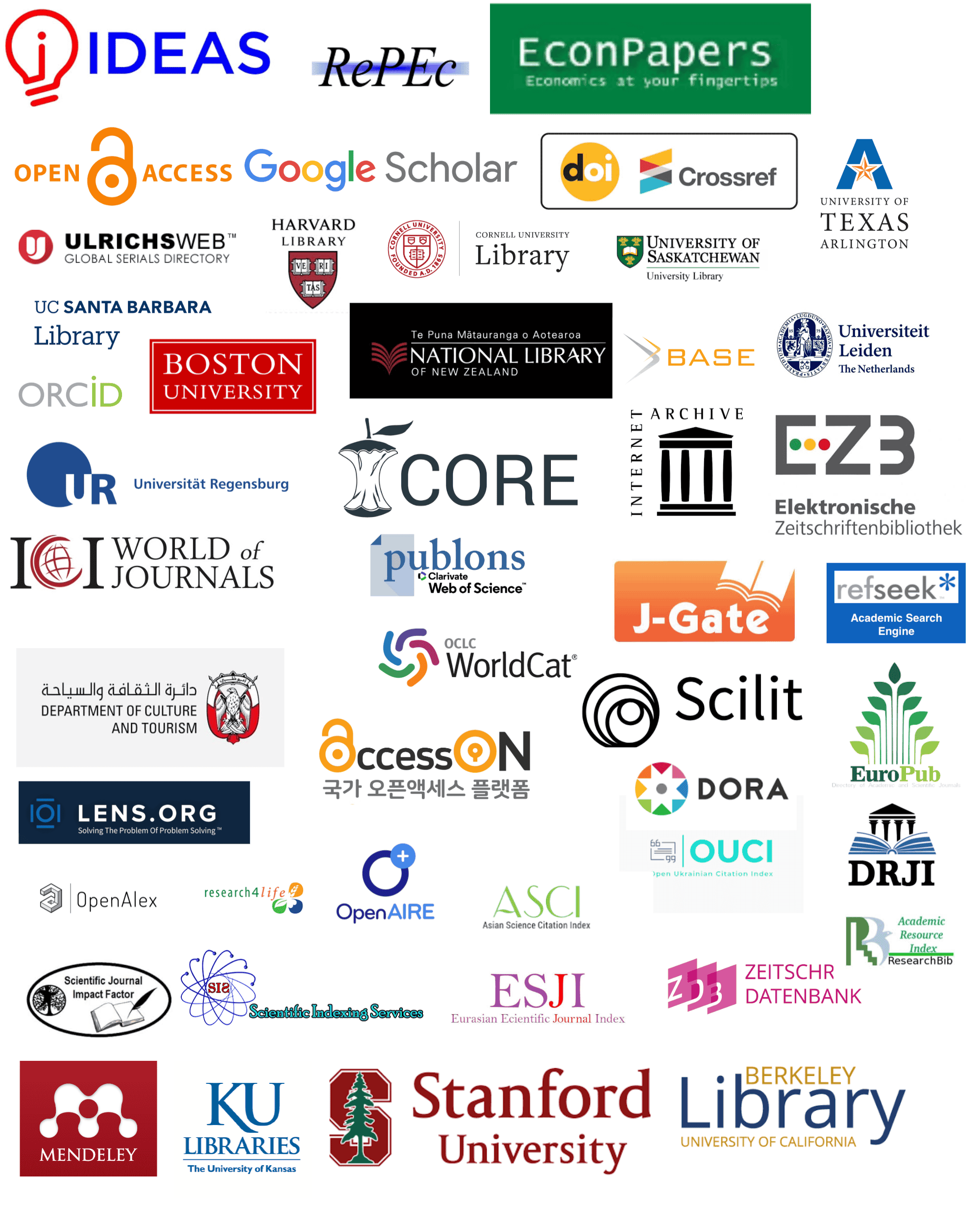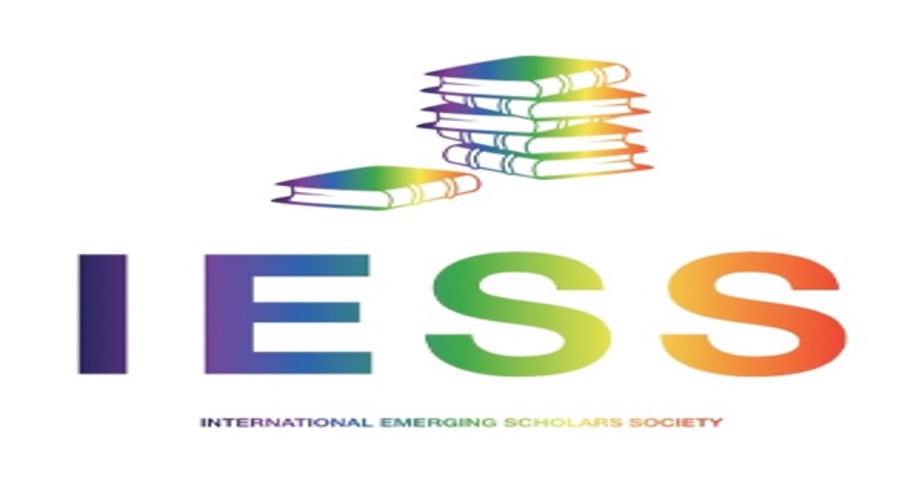Examining factors inhibiting solar systems adoption mediated by consumer confusion on green consumption in Bulawayo
DOI:
https://doi.org/10.56879/ijbm.v4i2.118Keywords:
Green marketing; green consumption; green product adoption; ambiguity confusion; green myopiaAbstract
Green marketing is a philosophy better understood and practised in developed economies. In developing countries, the concept is not fully understood and faces significant challenges that hinder its strategic implementation and the adoption of innovations by organisations and consumers. The study was motivated by the urge to examine the impact of the repressing factors encountered by solar systems consumers in Zimbabwe as they try to adopt green innovation. Similarity consumer confusion, and ambiguity are examined as mediating variables. A quantitative sample of 306 was drawn using random sampling of household numbers. A further sample of 12 was used for the qualitative survey. The explanatory sequential mixed methods design was applied. The research hypotheses were tested using structural equation modeling - SmartPLS, while qualitative data were processed using the reflexive thematic approach in NVivo version 12. The study established that the exorbitant cost of solar systems in Zimbabwe was one of the significant repressing factors. Additionally, greenwashing and green myopia were found to have a profound negative impact on the green marketing philosophy as they are proven antecedents of consumer confusion militating against the adoption of solar systems. The study recommended the facilitation of local production of solar systems and the introduction of subsidies on high-quality solar systems to ease the burden on consumers.
Downloads
Published
Issue
Section
License
Copyright (c) 2025 Maruva Mumanyi, Bekimpilo Bhebe, Tendai Makoni, Sibongile Manzini (Author)

This work is licensed under a Creative Commons Attribution 4.0 International License.


